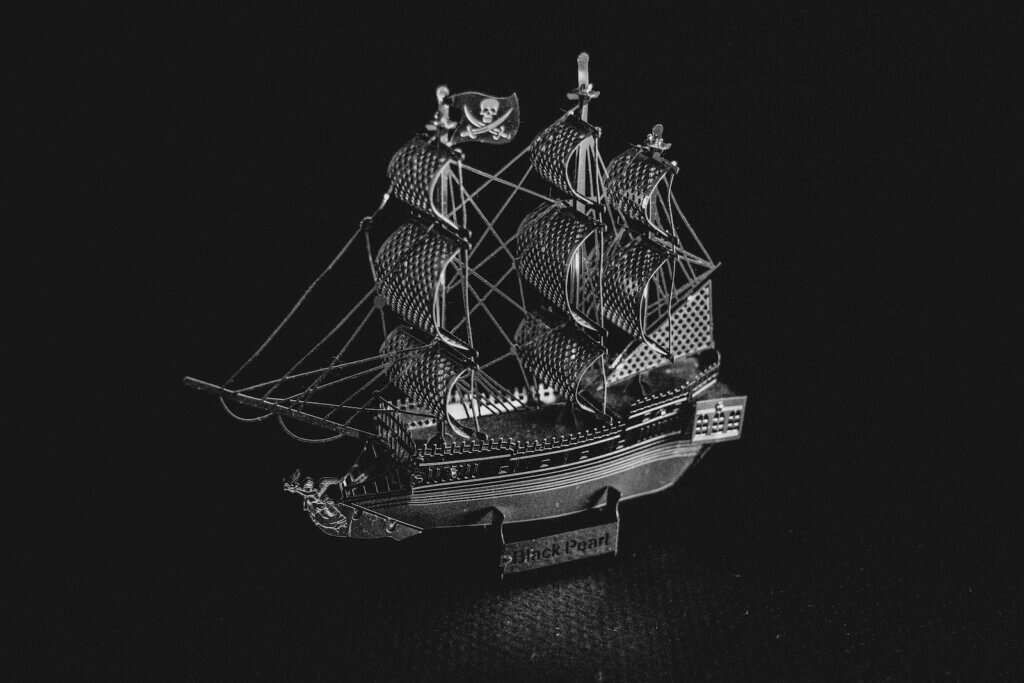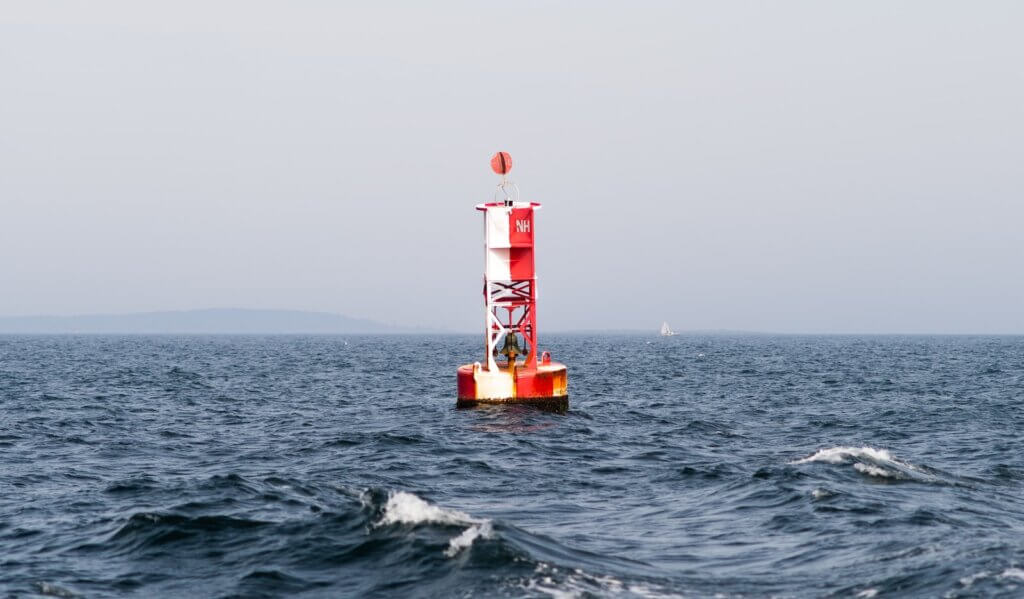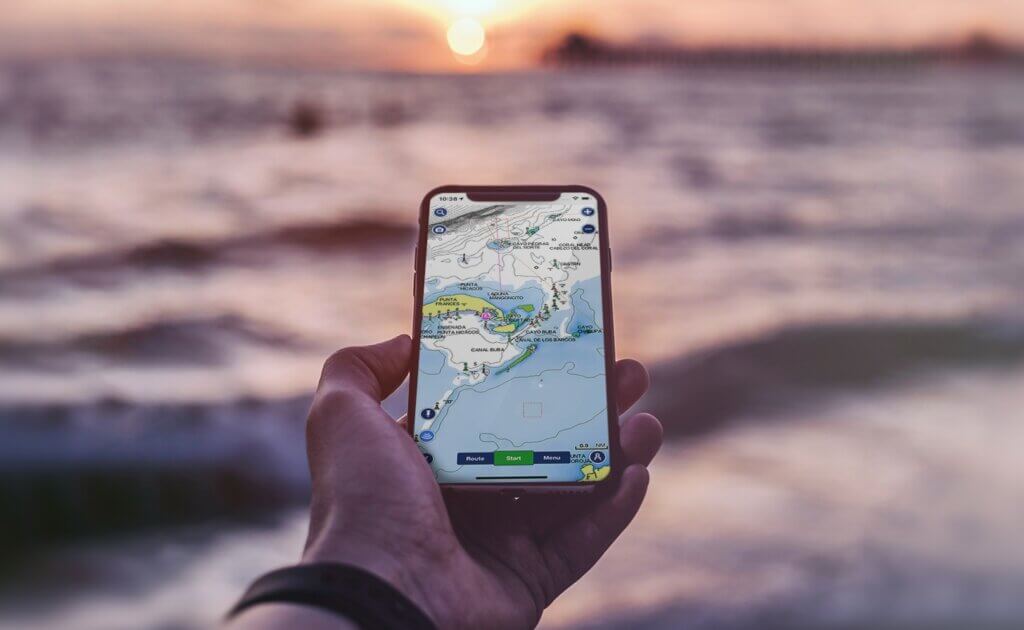Explore the of boating fatalities and the various factors that contribute to them, including alcohol consumption, lack of life jackets, weather conditions, inexperienced operators, and reckless behavior. Gain insights into how these factors can lead to tragic accidents on the water.
Factors Contributing to Boating Fatalities
Boating accidents resulting in fatalities are often the tragic outcome of various factors. Understanding these factors can help us develop strategies to prevent such incidents in the future. In this section, we will explore five key contributors to boating fatalities: alcohol consumption, lack of life jackets, weather conditions, inexperienced operators, and speeding and reckless behavior.
Alcohol Consumption
Alcohol consumption is a significant risk factor in boating accidents. When individuals consume alcohol while operating a boat, their judgment and coordination become impaired, leading to a higher likelihood of accidents. Just like driving under the influence, boating under the influence can have devastating consequences. The influence of alcohol can impair a boater’s ability to react quickly to changing conditions, navigate safely, and make sound decisions.
Lack of Life Jackets
Another contributing factor to boating fatalities is the failure to wear life jackets. Life jackets are a crucial safety measure that can significantly increase the chances of survival in case of an accident. Unfortunately, many individuals overlook the importance of wearing a life jacket, especially in situations where they perceive the risk to be low. It is essential to educate boaters about the potential dangers and emphasize the importance of wearing life jackets at all times.
Weather Conditions
Weather conditions play a pivotal role in boating fatalities. Rough waters, high winds, storms, and thunderstorms can create hazardous situations for boaters. It is crucial for boaters to be aware of weather forecasts before embarking on any boating trip. Understanding how weather conditions can rapidly change and taking necessary precautions, such as delaying the trip or seeking shelter, is vital to ensuring boating safety.
Inexperienced Operators
Inexperienced operators are more prone to making critical errors that can lead to boating accidents and fatalities. Lack of knowledge in navigation and rules, as well as inadequate training in boating safety, contribute to the risks associated with inexperienced operators. It is essential for individuals who operate boats to undergo proper training and education to ensure they have the necessary skills to handle various situations that may arise on the water.
Speeding and Reckless Behavior
Speeding and reckless behavior are factors that significantly increase the likelihood of boating fatalities. Just like on the roads, excessive speed and reckless maneuvers on the water can lead to catastrophic accidents. It is crucial for boaters to understand the importance of adhering to speed limits and operating their vessels responsibly. Engaging in reckless behavior not only endangers the lives of those on board but also puts other boaters and water enthusiasts at risk.
In summary, several factors contribute to boating fatalities, including alcohol consumption, lack of life jackets, weather conditions, inexperienced operators, and speeding and reckless behavior. By recognizing the risks associated with these , we can work towards implementing preventive measures and promoting boating safety education. It is essential for boaters to understand the potential dangers and take personal responsibility for their actions on the water. Remember, boating should be an enjoyable and safe experience for everyone involved, and by addressing these contributing factors, we can strive towards reducing boating fatalities and creating a safer boating environment.
Drowning as the Primary Cause of Boating Fatalities
Drowning is undoubtedly the leading cause of boating fatalities worldwide. This tragic outcome highlights the crucial need for water safety education, the development of swimming skills, and the consistent use of life jackets. By addressing these , we can significantly reduce the number of boating-related drownings and ensure a safer environment for all boaters.
Importance of Water Safety Education
Water safety education plays a pivotal role in preventing drownings and promoting boating safety. It equips individuals with the necessary knowledge and skills to navigate water bodies confidently. By educating boaters on topics such as recognizing hazards, understanding boating laws, and practicing responsible behavior, we can enhance their ability to make informed decisions and mitigate risks. Water safety education empowers boaters to take control of their safety and that of their passengers, fostering a culture of responsible boating.
Lack of Swimming Skills
One of the contributing to boating fatalities is the lack of swimming skills among individuals who engage in boating activities. It is essential for boaters to possess adequate swimming abilities to handle emergencies and navigate challenging situations. While it is not mandatory for individuals to be expert swimmers, basic swimming skills can enable them to stay afloat and reach safety in case of accidental falls or capsizing.
Swimming skills can also be instrumental in assisting others in distress, providing a lifeline to those struggling in the water. Therefore, it is crucial for boaters to prioritize swimming proficiency and consider taking swimming lessons or participating in water safety programs to enhance their abilities.
Failure to Wear Life Jackets
Another critical factor that contributes to boating fatalities is the failure to wear life jackets. Life jackets are designed to keep individuals afloat and provide buoyancy in the event of an accident or sudden immersion in water. They are often the difference between life and death, especially in situations where boaters are unable to swim or are incapacitated.
Wearing a life jacket should be a non-negotiable practice for all boaters, regardless of their swimming abilities or the conditions of the waterbody. It is essential to select a life jacket that is approved by appropriate safety authorities and fits properly. A properly fitting life jacket ensures maximum effectiveness and comfort, increasing the likelihood of individuals wearing them consistently.
To emphasize the importance of life jacket usage, boating safety campaigns and initiatives should be implemented. These campaigns can educate boaters about the effectiveness of life jackets, dispel common misconceptions, and encourage the adoption of this life-saving practice. Additionally, authorities should enforce regulations mandating the use of life jackets in specific boating scenarios, ensuring compliance and ultimately saving lives.
Table: Common Water Safety Education Topics
| Water Safety Education Topics |
|---|
| Recognizing common water hazards |
| Understanding boating laws and regulations |
| Practicing responsible boating behavior |
| Emergency procedures and preparedness |
| Navigation skills and techniques |
| Proper use and maintenance of safety equipment |
| Weather awareness and its impact on boating |
| Basic first aid and CPR training |
| Respecting wildlife and natural habitats |
| Ethical fishing practices |
Remember, these topics are not exhaustive, but they provide a starting point for comprehensive water safety education. Boaters should continually seek opportunities to expand their knowledge and skills in these areas to ensure their safety and the safety of others.
Impact of Alcohol on Boating Fatalities
When it comes to boating fatalities, one of the major factors that cannot be ignored is the impact of alcohol. It is well-known that alcohol consumption can impair judgment and coordination, leading to increased risk-taking behavior. Let’s delve deeper into how alcohol affects boating safety.
Impaired Judgment and Coordination
Alcohol affects the central nervous system, which is responsible for controlling our judgment and coordination. When a person consumes alcohol, their ability to make sound decisions becomes compromised. This is particularly dangerous on the water, where split-second decisions can mean the difference between life and death.
Impaired coordination is another consequence of alcohol consumption. Boating requires a certain level of physical coordination to operate the vessel effectively. Alcohol slows down reaction times and impairs motor skills, making it difficult for operators to navigate safely.
Increased Risk-taking Behavior
Alcohol has a way of increasing risk-taking behavior in individuals. When under the influence, people are more likely to engage in reckless actions that they would otherwise avoid. This can include speeding, ignoring navigational rules, or engaging in dangerous maneuvers.
Moreover, alcohol can instill a false sense of confidence in boaters, leading them to underestimate the risks and dangers of their actions. This combination of impaired judgment and increased risk-taking behavior creates a hazardous situation on the water, putting not only the intoxicated boater but also other individuals at risk.
It is important to note that alcohol-related boating fatalities are entirely preventable. Responsible boating means abstaining from alcohol consumption while operating a vessel. By doing so, boaters can help ensure the safety of themselves and others on the water.
References:
- Factors Contributing to Boating Fatalities
- Alcohol Consumption
- Lack of Life Jackets
- Weather Conditions
- Inexperienced Operators
- Speeding and Reckless Behavior
- Drowning as the Primary Cause of Boating Fatalities
- Importance of Water Safety Education
- Lack of Swimming Skills
- Failure to Wear Life Jackets
- Impact of Alcohol on Boating Fatalities
- Impaired Judgment and Coordination
- Increased Risk-taking Behavior
- Role of Weather Conditions in Boating Fatalities
- Rough Waters and High Winds
- Storms and Thunderstorms
- Inexperienced Operators and Boating Fatalities
- Lack of Knowledge in Navigation and Rules
- Inadequate Training in Boating Safety
Role of Weather Conditions in Boating Fatalities
Rough Waters and High Winds
When it comes to boating fatalities, the role of weather conditions cannot be underestimated. One of the most significant factors contributing to accidents on the water is the presence of rough waters and high winds. These adverse weather conditions pose serious risks to boaters, especially those who are inexperienced or unprepared.
*Rough waters can create a challenging environment for boaters. The forceful waves and unpredictable currents can make it difficult to maintain control of the vessel, increasing the likelihood of accidents. Even the most experienced boaters can find themselves in dangerous situations when faced with rough waters.
*High winds are another weather condition that can turn a peaceful boating trip into a deadly one. Strong gusts can push a boat off course, making it harder for the operator to navigate safely. Additionally, high winds can create choppy waters, further adding to the instability of the boat. Without proper precautions, boaters can easily lose control and find themselves in life-threatening situations.
Storms and Thunderstorms
Storms and thunderstorms are notorious for causing boating fatalities. The combination of heavy rain, strong winds, and lightning can create a highly dangerous environment on the water. Boaters caught in the middle of a storm may face limited visibility, reduced maneuverability, and heightened risks of capsizing or colliding with other vessels.
*Limited visibility during a storm can make it challenging for boaters to see other boats, navigational markers, or potential hazards in the water. This increases the chances of collisions and accidents, putting lives at risk.
*Reduced maneuverability is another issue that arises during storms. The strong winds and turbulent waters make it harder for boaters to control their vessels effectively. Maneuvers that would typically be easy to execute become much more challenging, leading to potential accidents and fatalities.
*Perhaps the most dangerous aspect of storms and thunderstorms is the presence of lightning. Boaters who are caught in the open water during a lightning storm are at a high risk of being struck. This can cause severe injuries or even death. Additionally, lightning can also damage the boat’s electronic systems, leaving the occupants stranded and vulnerable to further dangers.
In order to mitigate the risks associated with rough waters, high winds, storms, and thunderstorms, boaters should always check the weather forecast before heading out on the water. It is essential to be aware of any potential weather hazards and plan accordingly. If adverse weather conditions are expected, it is wise to postpone the boating trip to a safer time.
Additionally, boaters should ensure they have the necessary safety equipment on board, such as life jackets, flares, and a first aid kit. These items can provide crucial assistance in case of an emergency. It is also essential to have a means of communication, such as a marine radio or a cell phone, to call for help if needed.
Remember, boating should be an enjoyable and safe activity. By respecting the power of weather conditions and taking the necessary precautions, boaters can significantly reduce the risk of fatalities and accidents on the water.
Inexperienced Operators and Boating Fatalities
Boating can be a thrilling and enjoyable activity, but it also comes with certain risks, especially when inexperienced operators are at the helm. Lack of knowledge in navigation and rules, as well as inadequate training in boating safety, are significant that contribute to boating fatalities.
Lack of Knowledge in Navigation and Rules
One of the primary reasons inexperienced operators face higher risks on the water is their lack of knowledge in navigation and rules. Operating a boat requires a solid understanding of the waterways, including the proper navigation channels, markers, and signage. Without this knowledge, operators may find themselves in dangerous situations, increasing the likelihood of accidents and fatalities.
Navigating a boat involves much more than simply steering it in a preferred direction. It requires familiarity with the various types of buoys, their colors, and the meanings behind them. For example, a red buoy indicates the right side of the channel when returning from the open sea, while a green buoy marks the left side. Without this understanding, operators can easily veer into oncoming vessels, leading to collisions and tragic outcomes.
Additionally, knowing the rules and regulations of boating is crucial for maintaining safety on the water. These rules cover important aspects such as speed limits, right-of-way, and proper anchoring techniques. Inexperienced operators who are unaware of these rules may inadvertently put themselves and others in harm’s way. They may not realize the importance of maintaining a safe distance from other boats or the need to yield to larger vessels. This lack of knowledge can result in collisions or other accidents that can lead to fatal consequences.
Inadequate Training in Boating Safety
While having a basic understanding of navigation and rules is essential, it is equally important for inexperienced operators to receive adequate training in boating safety. Unfortunately, many individuals underestimate the importance of proper training and embark on boating adventures without fully understanding the potential risks and how to mitigate them.
Boating safety courses provide valuable knowledge and skills that can save lives. These courses cover a wide range of topics, including emergency procedures, proper use of safety equipment, and techniques for handling different weather conditions. They also emphasize the significance of being aware of one’s surroundings, maintaining a lookout for potential hazards, and practicing defensive boating.
By participating in boating safety courses, operators gain the necessary skills and confidence to navigate the waterways responsibly. They learn how to interpret weather forecasts, identify signs of changing conditions, and take appropriate action to ensure everyone’s safety. Furthermore, they become well-versed in the use of essential safety equipment, such as life jackets and distress signals, and understand the importance of maintaining them in good working order.
Inadequate training in boating safety not only puts the operator’s life at risk but also jeopardizes the safety of passengers and other individuals sharing the water. Without proper instruction, operators may not be aware of the potential dangers associated with boating and may not know how to respond effectively in emergency situations.
Remember, before setting sail, always make sure you are well-prepared and equipped with the knowledge and training necessary to navigate the waterways responsibly and safely.
References
- Reference 1: Importance of Water Safety Education
- Reference 2: Lack of Swimming Skills
- Reference 3: Failure to Wear Life Jackets





